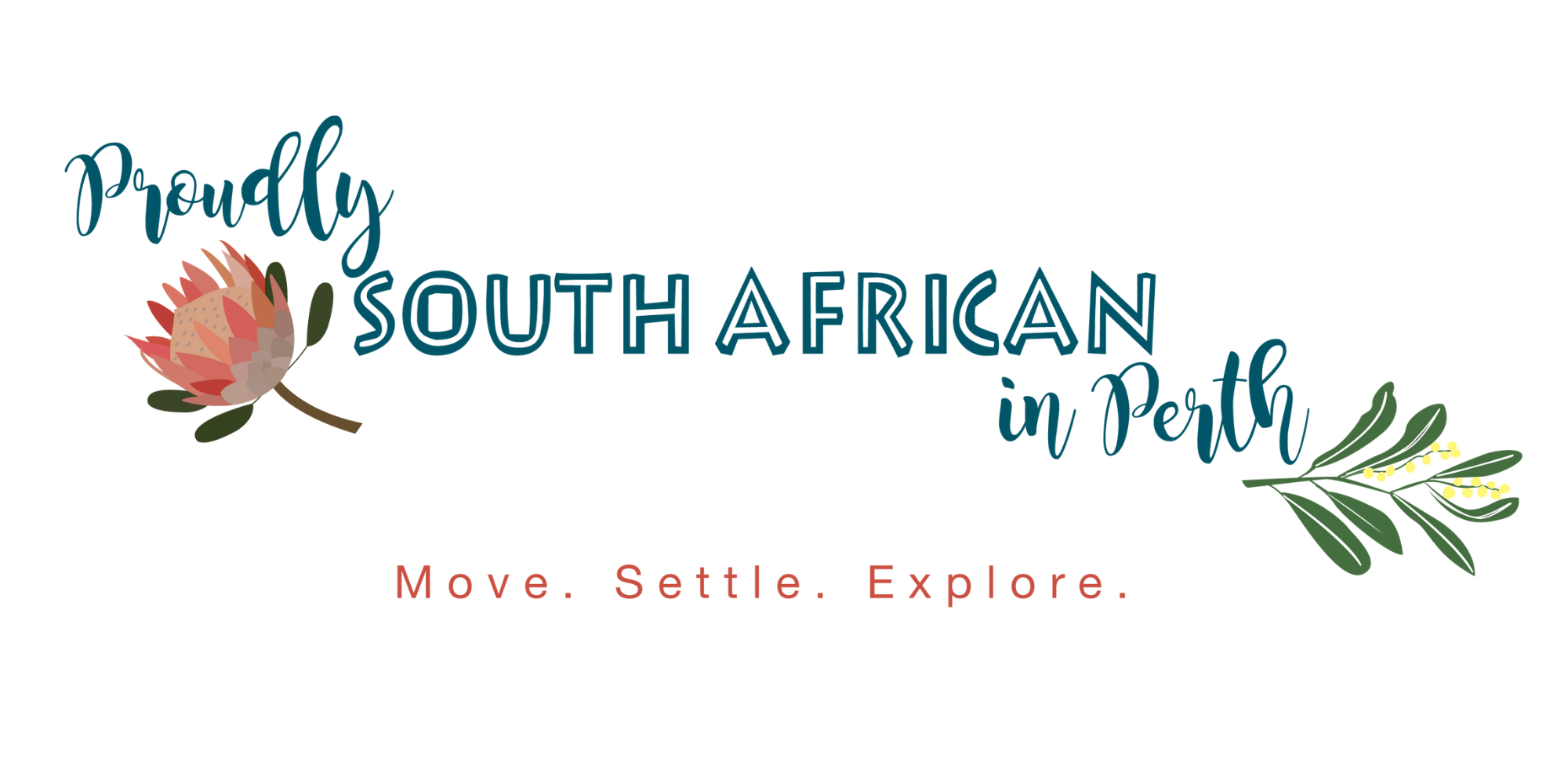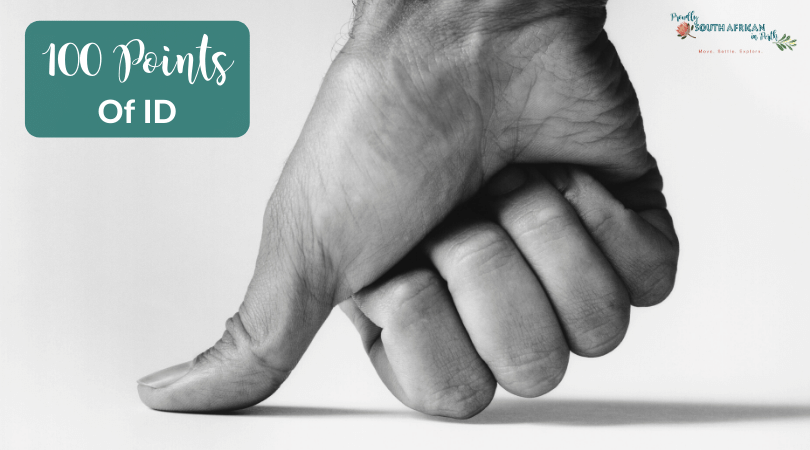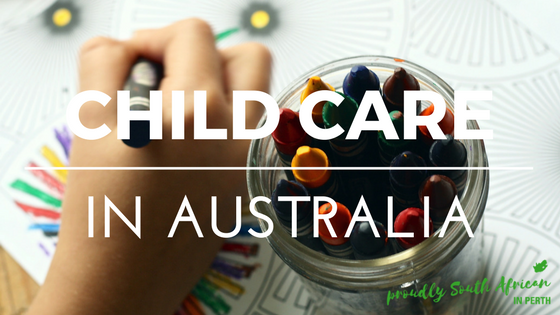To prepare yourself fully for a move to Australia, here are 12 challenges you’ll face when moving to Australia, and some tips on how to overcome them.
An international move is no small feat. Some things will seem super easy yet others will throw up massive challenges and make you question why you’re making the move or have made the move to a new country at all.
While moving to Australia for many people is a positive experience overall, there is no doubt it will test you to your limits – and for everyone those tests come in different areas of life.
1. Language
If English is not your first language, the language barrier is going to one of the trickiest challenges to overcome. You need to make a big effort here. Being unable to effectively communicate can impacts every aspect of living. From finding employment, forming working and social relationship, and even the most basic day-to-day activities like catching public transport or buying groceries.
Fortunately, there are great tools like Google Translate and several language apps available to download and use. The Department of Home Affairs also offers a free Adult Migrant English Program (AMEP) to help eligible migrants improve their English in over 300 locations across Australia.
If you don’t speak English at home, it’s a good idea to start practising it every day, and if you have children, start using English as well as your home language in everyday life. Getting them used to a new language will only help them settle into their new school and life in Australia.
2. Finding A Job
Finding a job is the most stressful challenge faced by migrants, no matter where in the world you move from or to.
It pays to start researching finding a job in Australia before you arrive, as there is usually loads of red tape, and, like everywhere else, it often comes down to who you know. Common problems you may face include skills recognition and the dreaded ‘local experience’.
Many visas require some form of skills assessment and recognition, but if you’re coming as a partner or your visa is not skills-based, you should investigate whether your skills are recognised in Australia before you arrive and how to go about getting them recognised. Often, a short training course by a local institution will help ensure your overseas qualifications and experience can be converted and recognised in Australia, which will help you find a job quicker.
3. Networking
Arriving in a new country also means you have to start a new professional network from scratch.
Fortunately, through platforms like LinkedIn and Facebook, it’s possible to connect with people you may know, who is living in Australia with whom you may be able to start networking. Getting started is always going to be difficult, even in your home country, but once you start gaining local experience and meeting new people, opportunities will come.
Start connecting with people on LinkedIn who you may already know, and find people in your field in your destination who may be able to help you break into the local market when you arrive. You might be surprised at how welcoming and helpful most people are.
4. Housing
Housing is another challenge you will have to deal with, and the current (2022) housing shortage and expensive rentals in most of the major cities and even rural areas does not help.
Websites like Real Estate and Domain allow you to research well in advance to find suitable and affordable accommodation, but many states have laws that require someone (you or someone acting for you) to inspect properties in person before being allowed to apply for a rental.
If you aren’t in the country yet, you can engage a friend, family member, or a relocation company to view and apply for properties on your behalf. While relocation services are not cheap, they can make the entire moving process a whole heap less stressful than going it alone.
Remember too that the property market will swing – when we arrived there were plenty of rentals but the prices were through the roof (2013). Then the market slowed and it became a renter’s market where lots of houses were empty and landlords were struggling to find occupants willing to pay their sky high prices – so weekly rent prices fell. Then the pandemic hit, and over the last two years’ rental vacancy rates across Australia have fallen to their lowest levels ever. This means securing a rental is extremely difficult and landlords have the upper hand right now.
5. Making New Friends
Making new friends is often the key to feeling settled in a new country. Making friends and integrating can help to cure loneliness and speed up the adjustment to living in your new home. It could also lead to establishing professional relationships and job opportunities.
Make every effort to socialise, by joining a local club, a group, or your work colleagues in any social gatherings. There may be people from your own country who are living nearby and have been in the same position as you. Make contact with them.
The golden rule is to never turn down any invitations in your first 6-12 months of living in Australia. Say yes to every invite – BBQ, sports event, kids event – attend them all! You might not know the person well, or think you will become fast friends, but you may meet someone else there who could be your new bestie, or help you find your dream job. Say yes to everything!
You can also read my post on how to make new friends in Australia for some tips.
6. Culture Shock
When you arrive in Australia, many things will be different to what you’ve been accustomed to in your home country. You are bound to be anxious about finding a place to live, finding a job, or perhaps learning a new language. All these factors can cause you to become confused, overwhelmed and even depressed. This is called culture shock.
Culture shock is a natural phenomenon and will affect almost everyone to some degree, but the good news is, that it’s temporary, and like all things, it will soon pass.
Admit it when you experience it, adapt to new rules and expectations of life, get involved, learn the lingo, and make new friends – all these things can help you overcome culture shock.
7. Constantly Converting Dollars In Your Head
A big mistake many migrants make is constantly converting from Aussie dollars in their heads when buying anything.
If you’re coming from the US or the UK, you may not have a problem as the currency is stronger than the dollar and the number not as scary,
But if you’re coming from a country with a weaker currency, converting dollars in your head will leave you in a permanent state of depression and soon turn into an unwillingness to buy anything if you let it take over!
If you’re South African…just don’t do it. Convert your currency to Aussie dollars and forget your rands. Seriously. Knowing that a coffee just cost you R70 or a glass of wine cost R150 will make you want to cry. Remember that once you start earning dollars, you’ll be fine.
8. Homesickness
Being away from your home, family, and friends will almost certainly lead to some level of homesickness, especially in the beginning.
Today we are so lucky to have technology allowing us to communicate easily and cheaply with our loved ones back home, when we’re feeling lonely. I remember when I first moved to the UK in the early 2000s and all I had was a 10-minute phone call with my Dad once a week. I had to buy a call card that allowed you to call overseas cheaper than using your home phone and when the minutes ran out, you had to buy more. Now we have FaceTime and WhatsApp and voice notes and can send photos and videos in an instant. How times have changed.
As you settle into Australian life, and meet new friends, it will become easier. Stay in contact with your home country, but embrace new friendships in your new country too.
9. Adjusting To A New Cost Of Living
It’s absolutely critical to research the cost of living in Australia, long before you even decide to immigrate. Knowing the expected cost of living and your potential earnings, will help you plan where you will settle. Things like housing costs, transport, insurance, food, schooling, utility bills, and healthcare must be researched thoroughly before arriving.
For more information, I have several posts about the cost of living in Australia.
I’ve also developed a handy cost of living calculator – you can work out your expected cost of living in Australia according to your family needs and wants. It was the most frequently asked question I would see online – and everyone has a different opinion. Some say $60k is enough to survive, others say you can’t live on less than $180k. It all comes down to where you live, what your lifestyle is and what your family make-up is.
You can use my cost of living in Australia calculator to input your expected expenses and your potential salaries, and it will work out how much money you have left each month and week after all your expenses are covered. Super handy if you’re a planner and a worrier like me!

10. Accents & Slang
You might think it will be easy to understand the Aussies, especially if English is your first language.
But be warned, I’ve never experienced more slang I didn’t understand than here in Australia. Luckily I’ve written a guide to Aussie slang for new migrants so make sure you brush up before you get caught out.
Accents too can vary and some are harder to decipher than others. So you’ll need to tune your ear to local accents to understand what the heck they’re talking about sometimes.
11. Tipping
If you’re coming from a country where tipping is the norm, you’ll be glad to know that you don’t tip here. In some very posh restaurants they may add a tip to the bill or you can choose to tip, but in every day places, no tips are required.
Wait staff get excellent hourly rates here, including higher pay on weekends and public holidays so this makes up for the need to tip compared to other countries where it is often a very low paid job.
12. Driving
Driving in Australia is pretty straight forward and distances are measured in kilometres. Unless you’re coming from a country that drives on the right, and apart from a few different types of traffic lights, everything else is pretty normal.
People in general are law-abiding and follow the rules, which will come as a pleasant surprise for most South Africans. Everyone stops at a red light (not a robot!) here, and taxis don’t whizz past you at a hundred miles an hour, only to stop dead in front of you to drop off passengers in the middle of an intersection. It’s bliss!
Streets are well signed-posted and fairly easy to negotiate. The system works. If you’re coming from the UK, note that when parking you must park facing the flow of traffic – you cannot park facing oncoming traffic. This used to drive me nuts when we lived in England and I love that it’s the same in Australia as we learnt in South Africa.
I’m sure there are more challenges you’ll face when moving to Australia, but these are some of the biggies. What other challenges did you face when you moved to Australia?
To help you with the admin side of moving to Australia I’ve created some handy digital products you can download instantly. These include the cost of living calculator, the ultimate emigration checklist and an emigration budget planner. Check them all out in my shop now.






No Comments